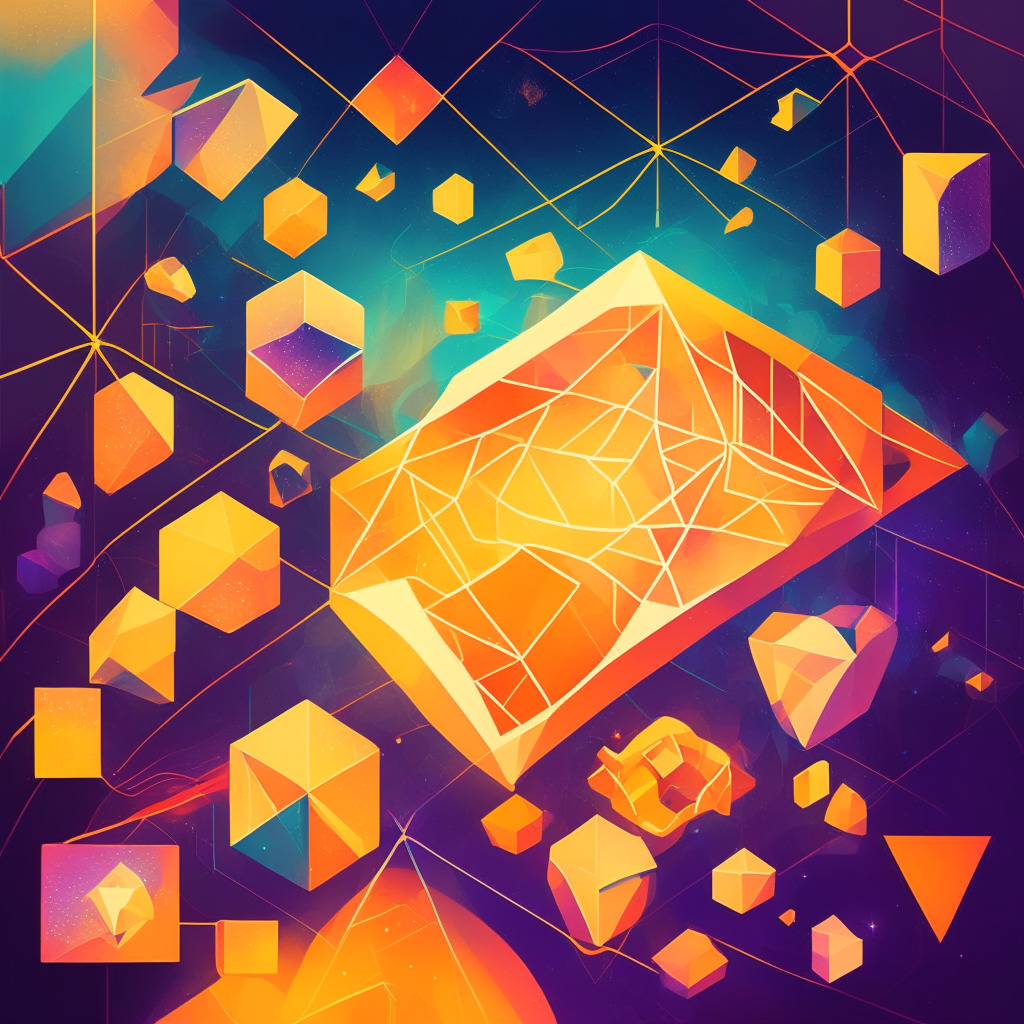This week in crypto, Ledger introduced a wallet recovery service, ETH staking demand soared, Tether invested in Bitcoin, and Samsung partnered with the Bank of Korea for CBDC research. Additionally, Ripple acquired Metaco, and a Uniswap survey highlighted the need for DeFi simplification.
Search Results for: Samsung
Apple and Others Ban ChatGPT: Balancing AI Innovation and Data Security Concerns
Apple recently restricted the use of ChatGPT and other AI tools, fearing potential exposure of sensitive data. Other major companies like Samsung, JPMorgan, and Goldman Sachs have also prohibited internal use of generative AI, while simultaneously developing their own applications.
SHIB x Tangem Cold Wallet: Gateway to DeFi, NFTs, and 6,000 Currencies or Risky Investment?
The Shiba Inu ecosystem has partnered with Swiss-based Tangem to develop cold wallets, available for pre-order by May 29. These wallets support up to 6,000 currencies and provide user-friendly access to DeFi, DEX, NFTs, and more. Despite the collaboration, SHIB token’s price hasn’t significantly increased.
Record-Breaking $15M Bug Bounty: LayerZero Outshines MakerDAO in Quest for Security
LayerZero Labs announces a record-breaking $15 million bug bounty program in collaboration with crypto-focused bug bounty platform Immunefi. This initiative aims to incentivize white hat hackers to identify vulnerabilities in the LayerZero protocol, prioritizing security, and setting a positive example for the crypto industry.
Enhancing Security with Bitski and Ledger Wallet Integration: Pros, Cons, and Conflicts
Web3 wallet Bitski has integrated with hardware wallet Ledger, enhancing security features and enabling users to securely connect their wallets to decentralized applications (dApps). The partnership supports user-friendly wallet experiences and provides a transaction simulator to help identify potential security risks. Users can switch between Ethereum and Polygon networks to purchase non-fungible tokens across both platforms.
LG’s Blockchain Smart TVs: NFT Trading Revolution and Tech Giants’ Race to Dominate Web 3.0 Market
LG Electronics filed a patent for a blockchain-based smart TV, aiming to facilitate seamless NFT trading directly from the device. Users will connect their crypto wallets and an NFT market server, with transactions guided by onscreen QR codes. This innovation reflects the growing trend of tech companies, like LG and Samsung, exploring Web 3, Crypto, Blockchain, and Metaverse technologies to shape the future of technology.
South Korean Lawmaker’s Departure: Crypto Regulation vs Industry Growth Conflict
South Korean lawmaker Kim Nam-kuk departs from the Democratic Party amid allegations surrounding his crypto dealings. Nam-kuk faces accusations of liquidating $4 million worth of crypto assets before the implementation of the Travel Rule in March 2023. South Korea’s central bank recently gained authority to investigate crypto-related businesses, balancing regulation and industry growth.
LG’s Blockchain-Based Smart TV: Revolutionizing NFT Trading or Exposing Users to Risks?
LG Electronics filed a patent application for its blockchain-based Smart TV, enabling users to trade NFTs by connecting to a crypto wallet and NFT market server. The move follows the launch of LG’s NFT platform, the LG Art Lab Marketplace, highlighting its commitment to integrating Web3 solutions into its products while raising concerns about consumer safety and wallet integration restrictions.
LG’s Blockchain TV: Revolutionizing NFT Trading or Risky Investment? Pros & Cons Explained
South Korean tech giant LG Electronics reveals their latest patent application: a TV that allows users to buy, sell, and swap NFTs directly from their living rooms. By connecting to an NFT market server and users’ cryptocurrency wallets, LG aims to integrate NFT technology and digital art collectorship into everyday entertainment.
NFT-Enabled TVs: The Future of Digital Art Trading or a Passing Trend? Pros and Cons Explored
LG aims to revolutionize digital art collecting by patenting TV technology that enables users to trade non-fungible tokens (NFTs) directly from their screens, connecting to an NFT market server and utilizing a cryptocurrency wallet. This innovative step towards mainstream adoption of digital assets shows remarkable progression in integrating technology and cryptocurrency markets.









